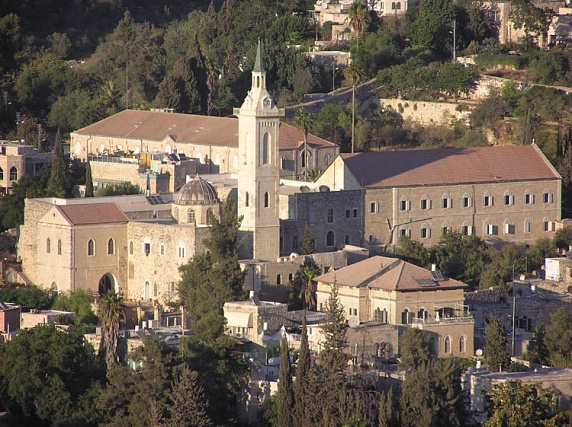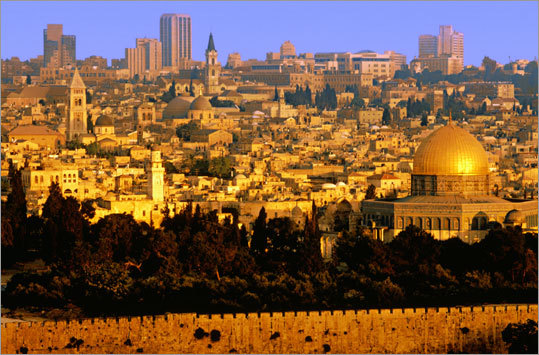 Государство Израиль
Государство Израиль
Foreign Minister Sergey Lavrov’s remarks and answers to media questions following talks with Foreign Minister of the Republic of Cuba Bruno Rodriguez Parrilla, Havana, February 19, 2024
Good afternoon, respected members of the media.
I would like to express gratitude to our Cuban friends and Foreign Minister of Cuba Bruno Rodriguez Parrilla for a warm welcome, traditional hospitality and fruitful talks.
Cuba is our traditional partner and an important ally in Latin America and the Caribbean. We are happy with the constructive and intensive political dialogue between Russia and Cuba at all levels, including at the top level and between our parliaments and relevant ministries and agencies.
We maintain regular contact with Mr Rodriguez and meet several times a year. This gives us an opportunity to discuss current issues on the bilateral agenda with a focus on the international situation, which is changing rapidly and inconsistently. This is why we coordinate our positions closely and regularly, which adds value to our contacts.
Today, we reaffirmed our mutual interest in continuing to build up our trade, economic and investment cooperation. Our recent decisions have contributed to the development of a full-scale legal framework for interaction in the material sphere. The Russian-Cuban Intergovernmental Commission for Trade, Economic, Scientific and Technological Cooperation has a special role to play in this regard. We have noted the sides’ interest in holding the next commission meeting in the next two or three months.
We also discussed the successful and rapid development of relations between Cuba and the Eurasian Economic Union (EAEU). Eurasian Economic Commission member Sergey Glazyev visited Havana in January 2024, where he held instrumental talks with his partners. They mapped out future avenues for cooperation between the EAEU and Cuba. EAEU members will discuss these proposals with a view to coordinating a common position.
We have noted our Cuban friends’ consistent and growing interest in cooperation with BRICS. Russia, which holds the group’s rotating chairmanship this year, will encourage this intention. I am sure that the other members of the group, which has ten members now, will take a positive stand on Cuba’s application for partner status in BRICS.
Our relations in the broad humanitarian sphere, culture and education have a good history. We will continue to promote the development of the 100 Scholarships Russian government programme, in which Cuba enjoys highly preferential conditions. Our Cuban friends have a high regard for this form of cooperation.
We expressed a high opinion of our bilateral interaction or more precisely the coordination of our actions on the international stage. We share a common view on respect for the UN Charter in its entirety and in the interconnection of its principles. We also agree on the importance of creating a fairer and more democratic world order based on the principle of the sovereign equality of states as stipulated in the UN Charter in 1945, which many Western delegations hardly ever respected in the situations that developed internationally after the establishment of this global organisation.
We reaffirmed our resolve to continue to coordinate our actions in the Group of Friends in Defence of the UN Charter, above all when it comes to fighting dictate, neocolonial practices and unilateral sanctions. All members of the group share this view. We see other countries’ interest in joining this association.
We also confirmed our strong condemnation of the illegal US trade, economic and financial blockade of Cuba. We are firmly committed to the immediate termination of this shameful practice and demand that Cuba be removed from the American list of states that sponsor terrorism. The absurdity of this situation is obvious to everyone with the exception of those who are running the show in Washington.
When we talked about regional issues, we agreed to promote the development of ties between Russia and various regional integration associations, especially the Community of Latin American and Caribbean States (CELAC), the Bolivarian Alliance for the Peoples of Our America (ALBA) and the Association of Caribbean States (ACS).
I have invited Foreign Minister of the Republic of Cuba Bruno Rodriguez Parrilla to visit the Russian Federation again. We agreed that he would do so this year.
Question (retranslated from Spanish): The EU is drafting another package of anti-Russia sanctions. What do you think about this?
Sergey Lavrov: As for the EU’s plans and actions, I don’t think about them at all. We have long stopped being surprised that the EU lives its own life and cares nothing about the welfare of its citizens, but only about matching the US in anti-Russia hysteria.
Judging by recent developments, the United States is now lagging behind the EU in this Russophobic campaign. History will make it right. Let the people of the EU countries reach their own conclusions and think about whom they have brought to power.
Question (retranslated from Spanish): What are the most promising areas of Russian-Cuban cooperation?
Sergey Lavrov: As for the areas of partnership and allied relations between Russia and Cuba, it is hard to put anything first. I believe, coordination in the international arena is no less important than trade, and the economic and investment ties that we want to build up substantially.
Question: The Israeli Foreign Minister called the Brazilian President persona non grata for comparing the war in the Gaza Strip to the Holocaust. How will this decision affect the G20 meeting in Rio de Janeiro, considering that it comprises countries that are bound to support Israel?
Sergey Lavrov: I won’t answer for other countries. We respect the opinion expressed by the leader of any country and believe that everyone has the right to his own response.
We did not respond to this remark by President of Brazil Luiz Inacio Lula da Silva. Regardless of any comparison of this situation to something else, we are seeing that thousands of innocent people are suffering. This is not just abstract math. More civilians, including women and children, have died in the Gaza Strip during the last five months than during the entire period of the special military operation and even since since the state coup in Ukraine in 2014. These are enormous figures for the region and there is no light at the end of the tunnel. We are willing to do what we can to help Israelis and Palestinians come to terms. We believe a direct dialogue between them is the only way out.
Of course, a ceasefire is the first immediate step. Unfortunately, the US continues to block any initiative calling for a ceasefire in the UN Security Council.
The resolution of humanitarian issues should come next. There is a shortage of options for delivering relief to the Gaza Strip. This is common knowledge and is admitted by the relevant UN structures.
The main point is to start acting, practically (not just more baseless promises), on the UN resolution on creating a Palestinian state as soon as these urgent moves are made.
Both the Security Council and the General Assembly have emphasised many times the need to create a viable Palestinian state that will live in peace and security with Israel. This formula remains current because the Palestinians need to live in peace without being occupied, and the Israelis need to feel protected.
Question: I’d like to return to bilateral Russian-Cuban cooperation. A record number of Russian tourists visited the Island of Freedom last year. How is the introduction of the MIR payment card system going on? Is Havana interested in increasing the number of flights to Cuba from Russian cities?
Sergey Lavrov: The MIR card is very important not only for tourism but also for all our bilateral ties.
As for flights, I understand that now Rossiya and Nordwind airlines fly here on a regular schedule. Rossiya makes regular flights and Nordwind offers charters. Overall, there are 10 or 11 flights a week. I think if there is a demand for Cuba’s tourist services, the issue of additional flights will be considered.
Question (retranslated from Spanish): Will Russian business people be actively involved in the Cuban economy in the near future? Do you know about fuel difficulties? Is Russia willing to continue supplying Cuba with fuel?
Sergey Lavrov: In recent years, we have substantially developed the contractual foundation of our trade and economic cooperation. Thus, additional impetuses have been created to encourage Russian investors to put more money in the Cuban economy.
As for fuel, two special loans were granted this year. One loan has already been carried out. Oil, oil products and food have already been supplied. The second loan has already been drawn up. We continue to supply oil and oil products, and we are seriously engaged in this.
The intergovernmental Russia-Cuba Commission on Trade, Economic, Scientific and Technical Cooperation will hold a regular meeting before the end of the first half of this year. The participants will discuss in detail these and other practical issues.













